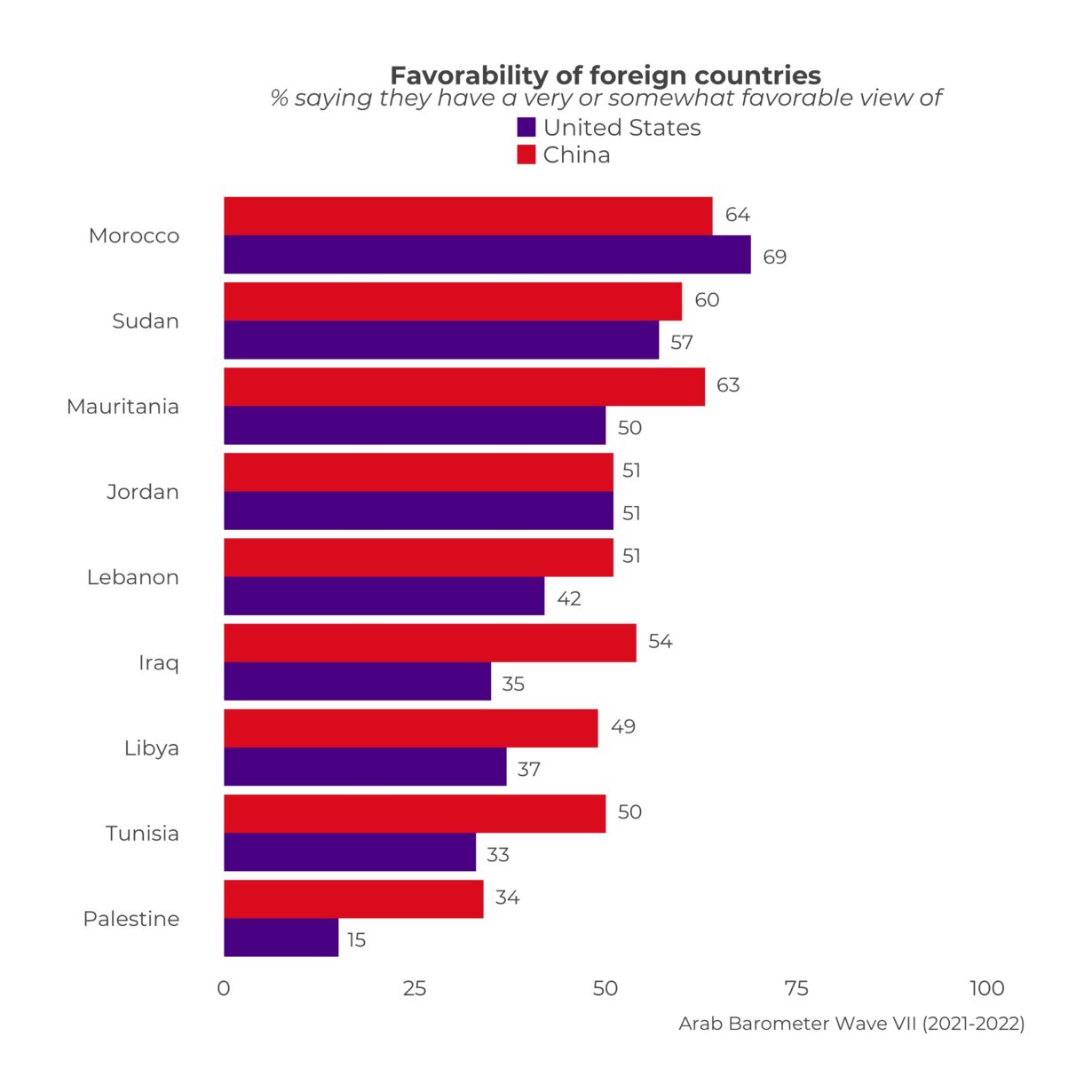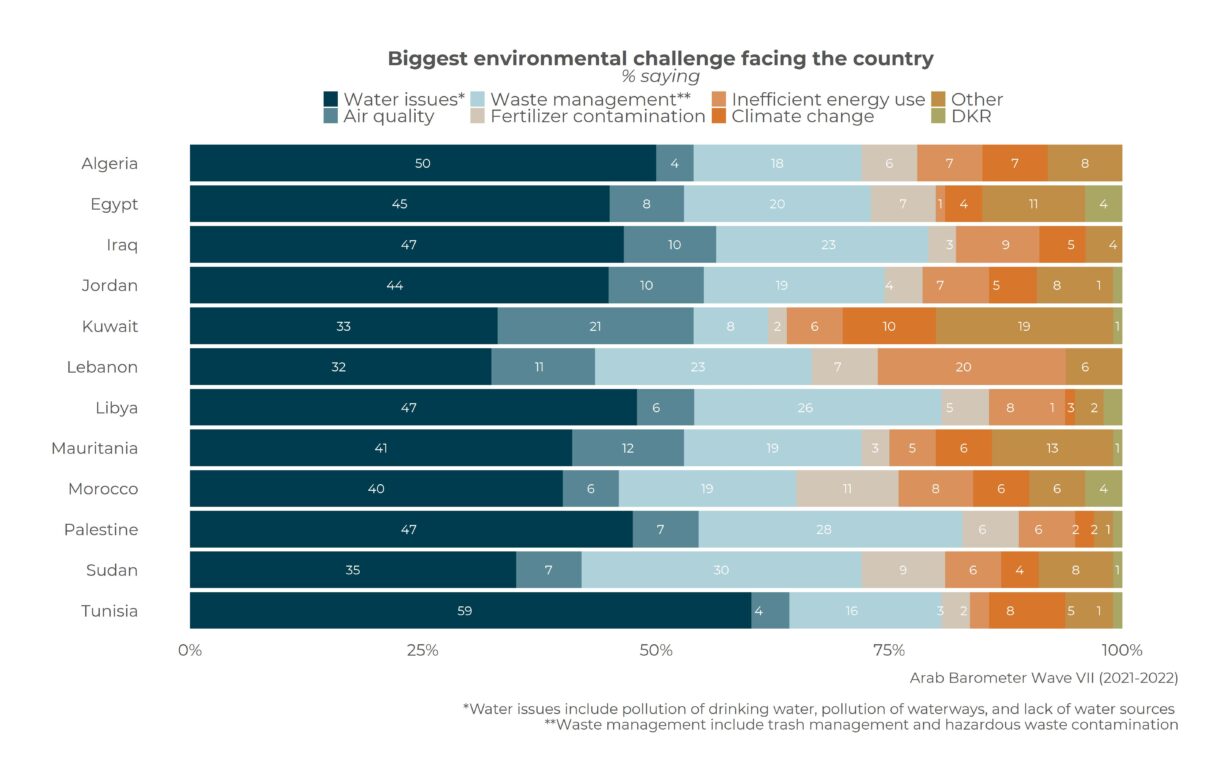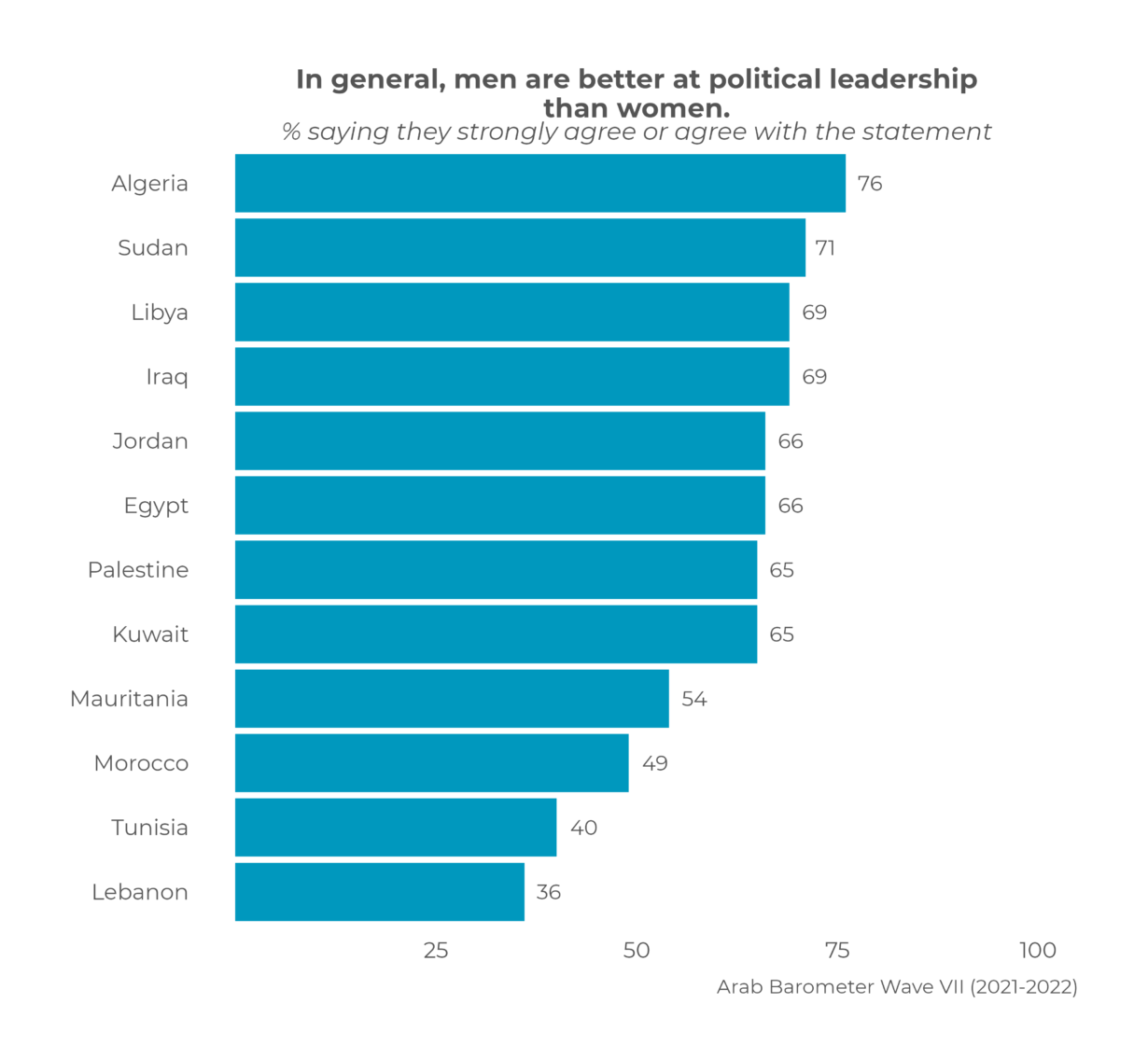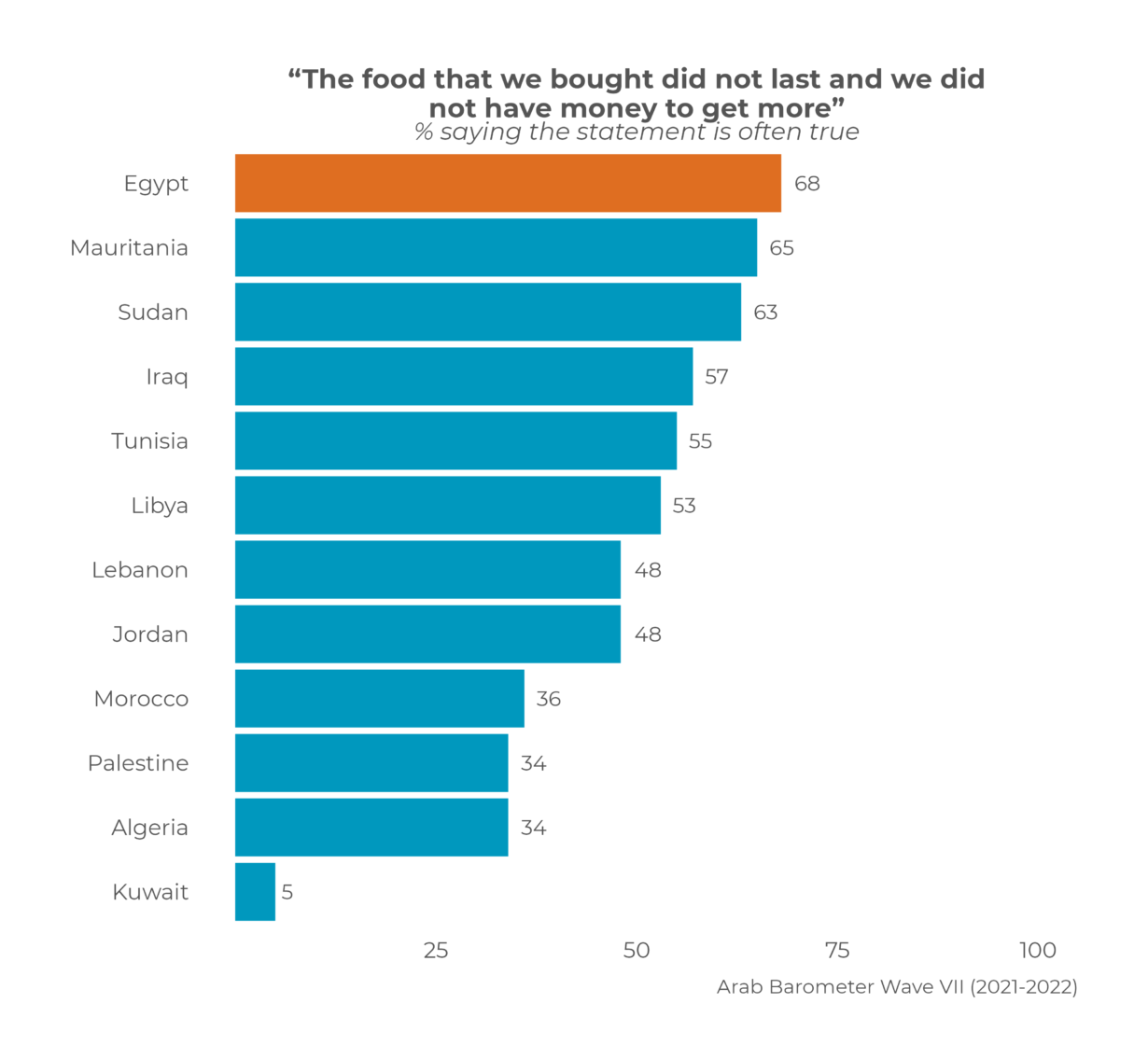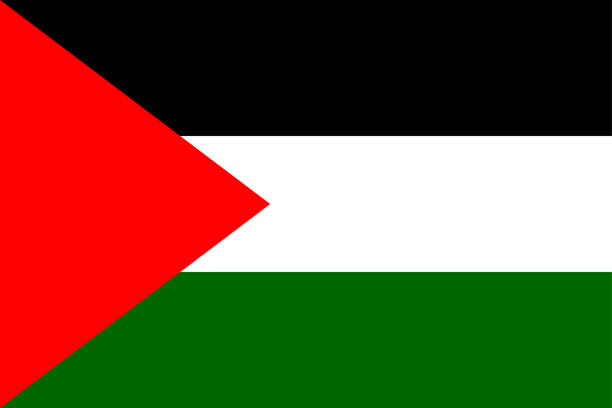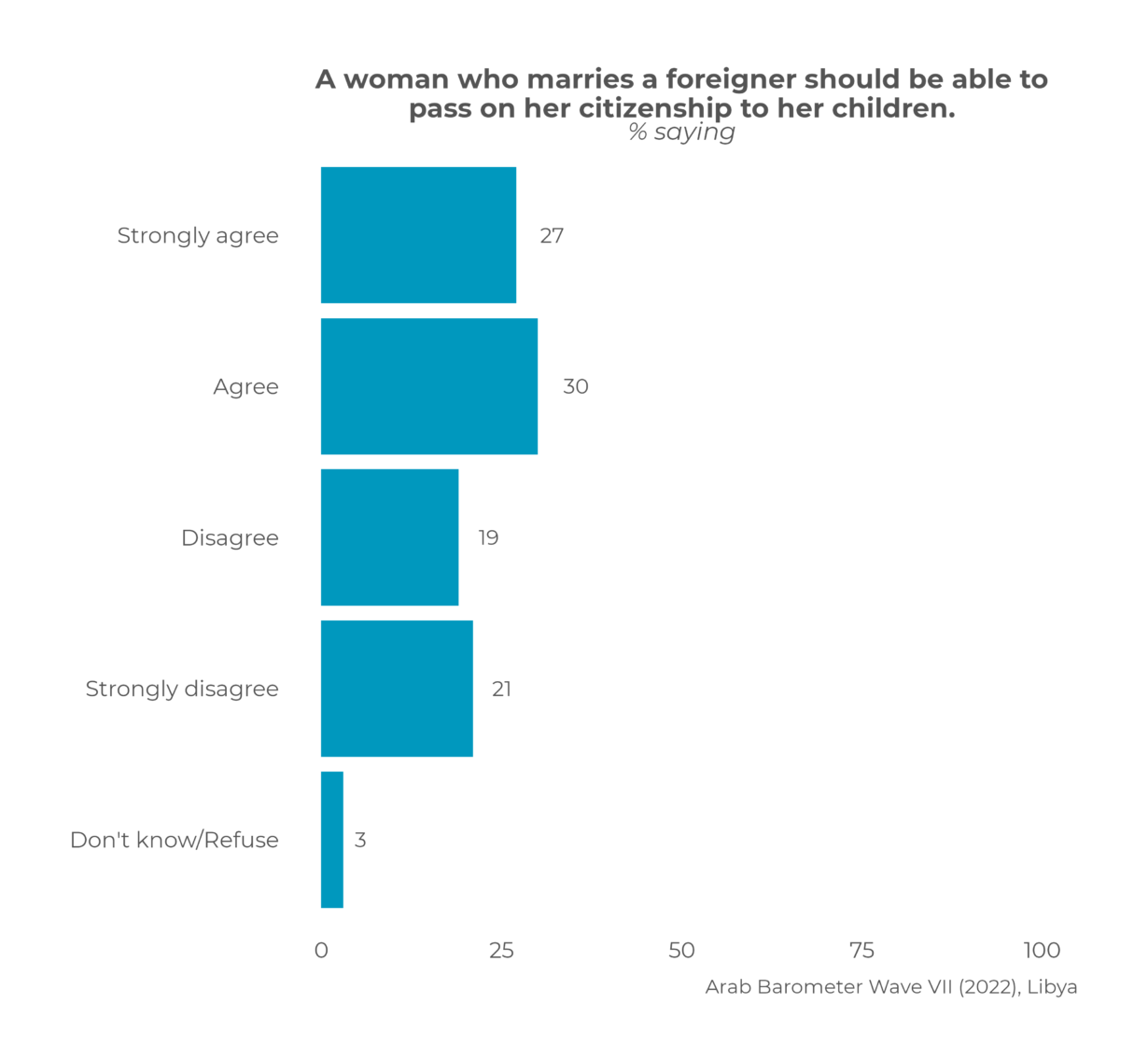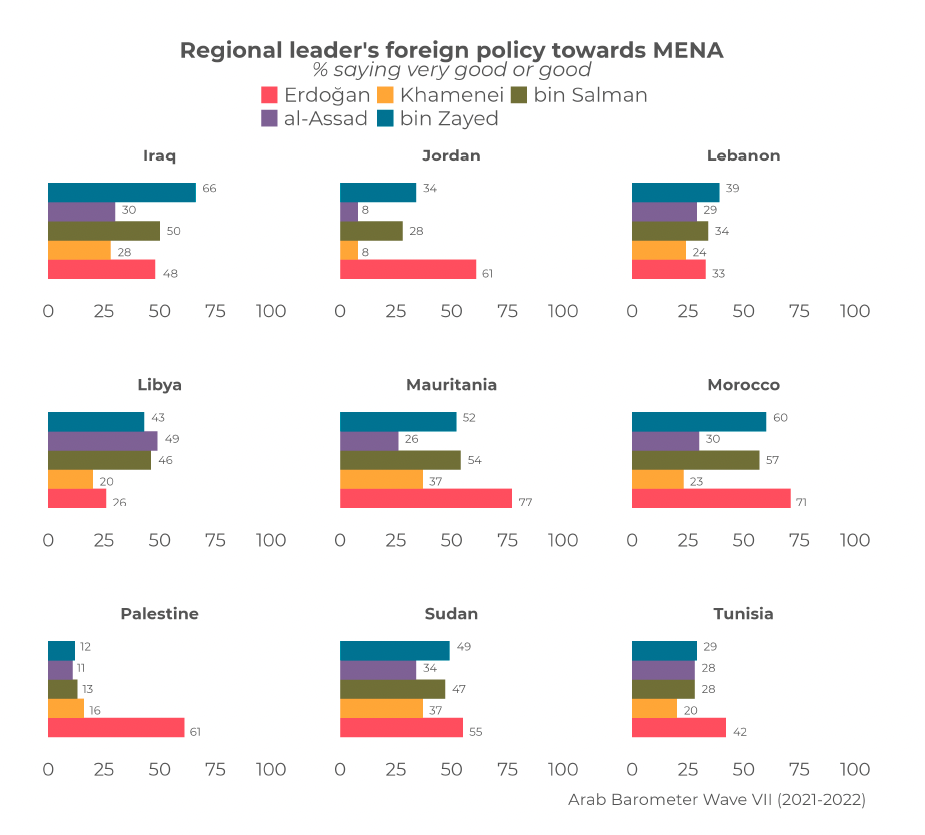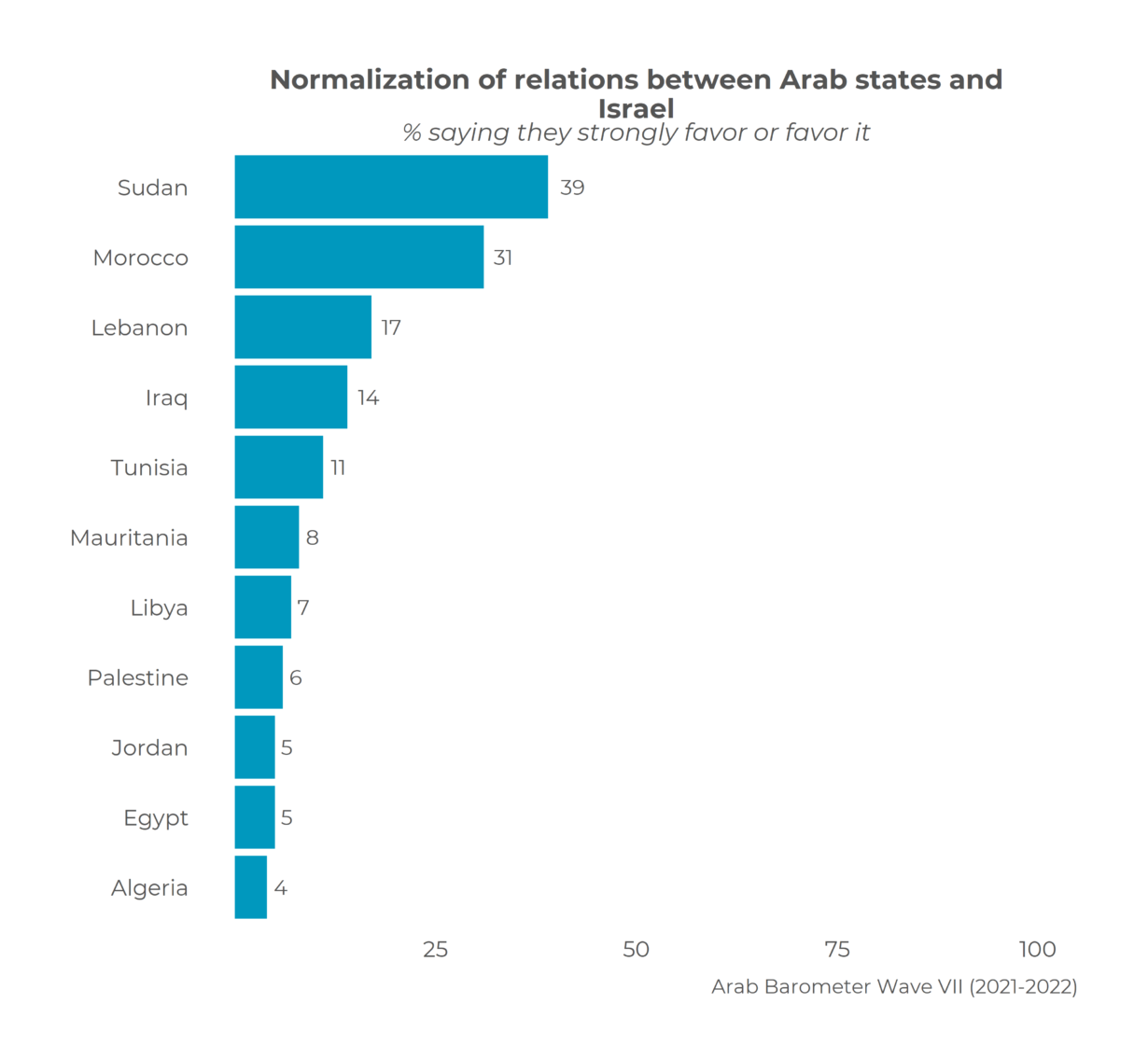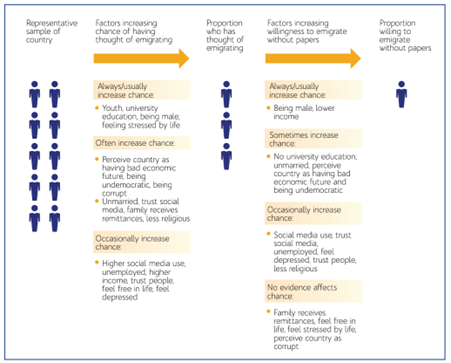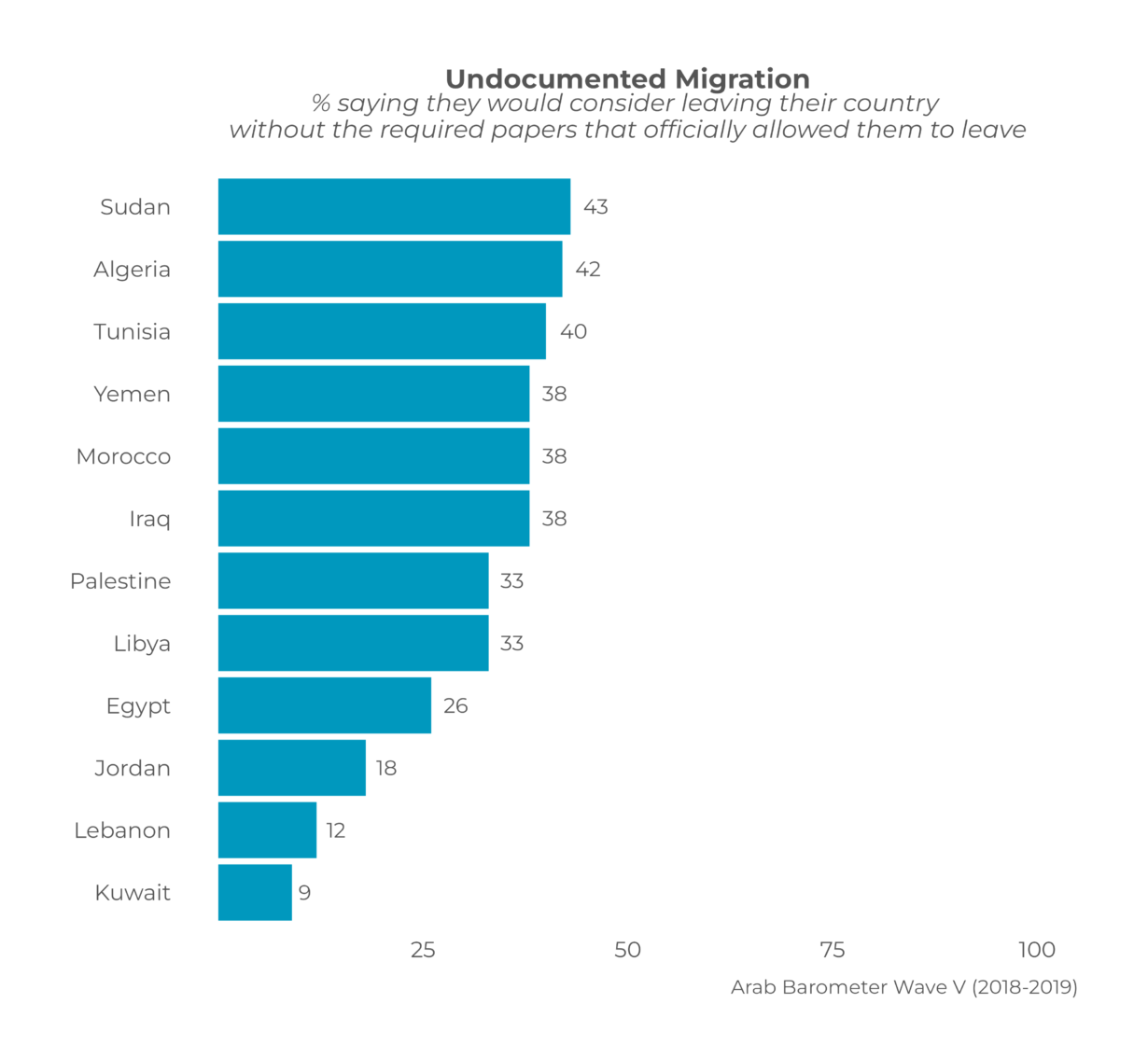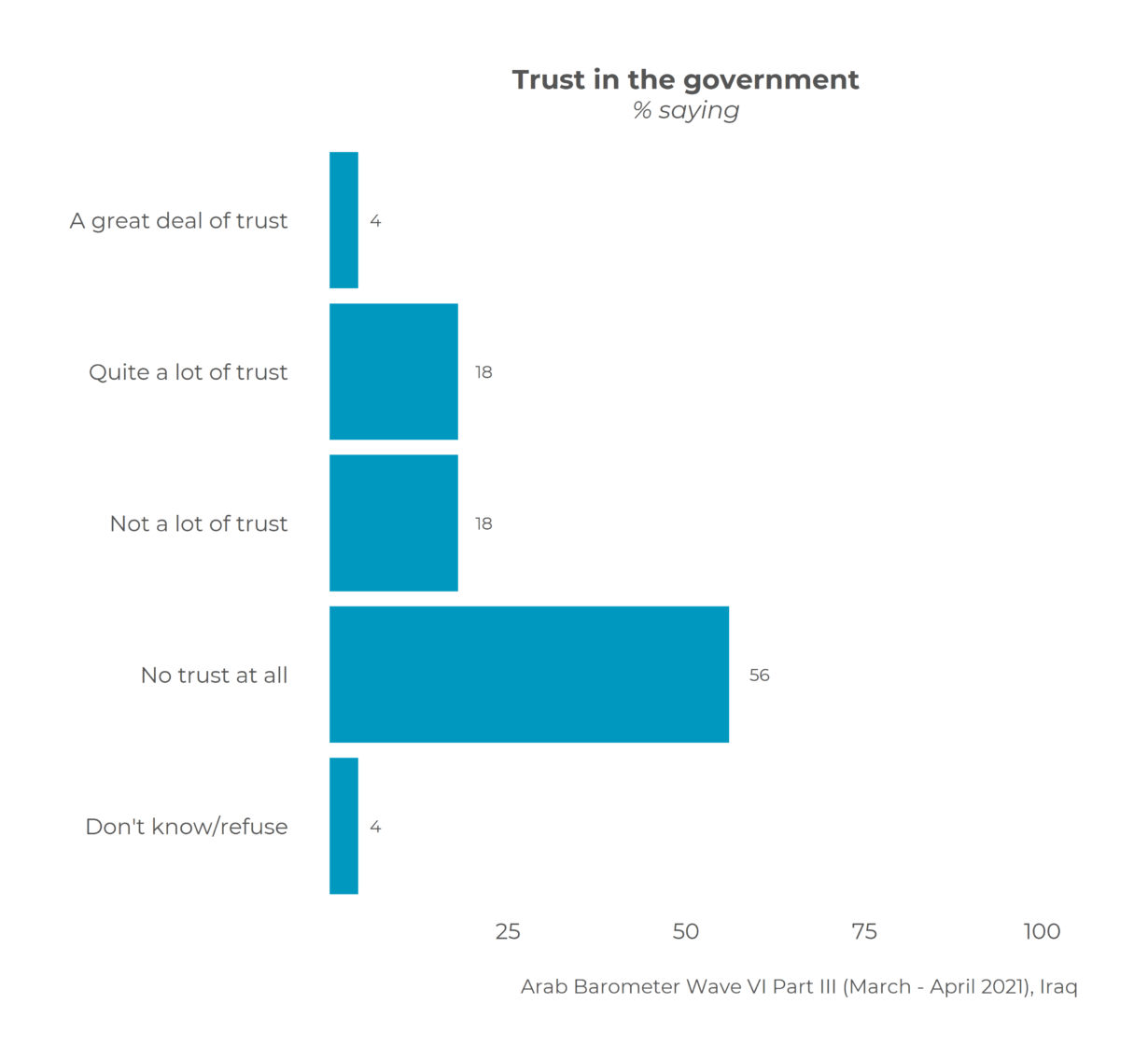This piece is part of a four-part series published by the Middle East Institute in cooperation with Arab Barometer analyzing the results of the seventh wave of the Arab Barometer surveys. Apart from Europe and the South China Sea region, the Middle East and North Africa is one of the epicenters for what the U.S. has termed “great power competition” especially between the…
Citizen priorities on the environment and climate change in MENA
This piece is part of a four-part series published by the Middle East Institute in cooperation with Arab Barometer analyzing the results of the seventh wave of the Arab Barometer surveys. The results of the seventh wave survey from Arab Barometer, a non-partisan research network that provides insight into Arab citizen views, shed light on regional perspectives on issues of climate change, water resources,…
Gender gaps in MENA remain stubbornly entrenched, despite positive trends
This piece is part of a four-part series published by the Middle East Institute in cooperation with Arab Barometer analyzing the results of the seventh wave of the Arab Barometer surveys. Key findings from the latest Arab Barometer survey, its seventh wave, reveal that clear majorities in the 12 countries in which the survey was conducted still hold traditional views on gender norms. Despite…
Citizens’ views on Egypt’s economic woes
Egypt’s National Nutrition Institute (NNI) recent recommendation to “eat chicken feet” as a budget-friendly form of protein animated pundits and the public this past December 2022. The attempt to help citizens navigate increasingly dire economic conditions was lambasted and ridiculed. The declaration, which was put forward earnestly, highlighted just how grim Egypt’s predicament had become. Fielded 11 months before the…
Support for a two-state solution among Palestinians and Israelis declines
Support for a two-state solution among Palestinians and Israelis declines to just one-third on each side, along with growing opposition to the detailed items of a permanent peace agreement for implementing a two-state solution. Slightly more Israeli Jews support one unequal state under Israeli rule than the two-state solution; but both publics still prefer two states to any other democratic…
Libyans want citizenship for children of women married to foreigners
On October 19, 2022, the Government of National Unity (GNU) in Libya decreed that children of Libyan women married to foreigners must enjoy the same rights as Libyan citizens, including access to free healthcare and education inside the country and acceptance at Libyan schools abroad. The decree also waived visa requirement for the group. Children of Libyan women married to…
Majority of Palestinians worry about eruption of armed strife
While the domestic balance of power shifts a little in favor of Fatah, about 70% express worry, in light of the attempt to assassinate Dr. Nasser al Sha’ir, that internal armed strife might erupt at one point in the future, almost 90% do not trust the statements by the PA government regarding the transfer to Palestinian banks of the salaries…
Citizens Lukewarm on Leaders’ Cold War
Over the last decade, there has been an ongoing competition for leadership within the Middle East and North Africa. Some have described this as a new Arab Cold War, with an anti-Iran and anti-Islamist block led by Saudi Arabia and the United Arab Emirates on one side with a more pro-Iran and pro-Islamist bloc led by Turkey and Qatar on…
How Do MENA Citizens View Normalization With Israel?
There is broad rejection among ordinary citizens across MENA of the U.S.-backed Abraham Accords and a broader peace deal with Israel. Although at most about a quarter of citizens in the region say they follow news on this issue a great deal or fair amount, including just one-in-ten in Tunisia, Palestine, Lebanon, Jordan, and Iraq, these peace agreements are widely…
Re-thinking the drivers of regular and irregular migration: evidence from the MENA region
Why do individuals vary in their desire to emigrate? Why are some willing to emigrate irregularly? My recently published open access article in Comparative Migration Studies tests four theoretical approaches to these two questions—socio-demographics; economic and political context; access to migrant networks; and psychological factors—across 12 countries in the Middle East and North Africa. To do so, it uses logistic…
Half of Lebanese consider migrating
Lebanese are the most pessimistic about their country’s economic future of any country surveyed in Arab Barometer’s sixth wave between 2020 and the spring of 2021. Among all the economic worries, the rising cost of living is seen as the biggest challenge. Unsurprisingly, about half citizens (48 percent) are seeking to leave their homeland for better opportunities abroad. Yet, when…
Iraq Pulse: unrest amid the COVID-19 pandemic
Nearly 19 years have passed since the removal of Saddam Hussein from power and the establishment of the second republic of Iraq. While the structures of the State and the political system have been deeply and extensively reshaped, the impact of this transformation on the life of Iraqis remains debated. The latest Arab Barometer’s (AB) survey (Wave VI which was–…
Topics
- Charity2
- Corruption115
- COVID-1969
- Democracy41
- Discrimination14
- Economy228
- Education52
- Environment37
- Extremism19
- Freedoms51
- Gender Issues160
- Governance255
- Health45
- International Relations195
- Labor Market36
- Media31
- Migration64
- Political Institutions214
- Political Participation35
- Political Systems63
- Refugees6
- Religion118
- Security34
- Social Justice45
- Wellbeing2
- Youth76
